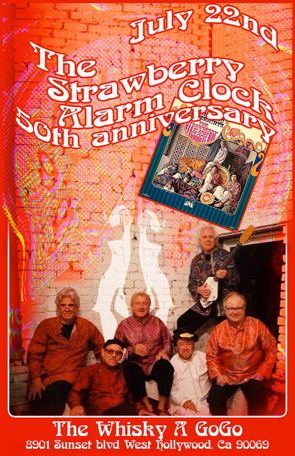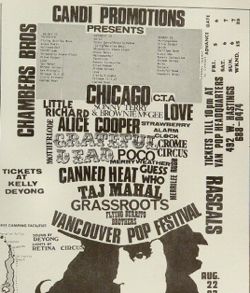

After, Ronnie was riding me, and a lightbulb went off and I said, "That's it." I went back to my room, packed up my stuff and left." King referred to himself as a peaceful "Southern California hippie" and the band's predilection for drunken brawling never sat well with him the incident which led to his departure was merely the final straw. I had to play on old strings and I broke two strings during "Free Bird". They didn't arrive.until 10 minutes before we went on. King detailed his initial exit from the band in the documentary If I Leave Here Tomorrow: A Film About Lynyrd Skynyrd, saying "Ronnie and my guitar roadie who changed my strings were thrown in jail in Ann Arbor. īand biographer Mark Ribowsky wrote that King was an outsider in Lynyrd Skynyrd to some extent, as he was from Southern California and the only non-Southerner in the lineup, but that it was King who brought a level of professionalism to the fledgling band.

Guitarist Rossington noted years later that King was the most business-minded member of Lynyrd Skynyrd, relating a story of how King would stock up on food items during stops on tour and then re-sell the items to his bandmates at a 500% markup when they later got hungry on the bus. Other songs that King wrote or co-wrote for Lynyrd Skynyrd include "Poison Whiskey", " Saturday Night Special", "Whiskey Rock-a-Roller" and "Workin' for MCA". King co-wrote one of the band's most recognizable hits " Sweet Home Alabama", and his voice counted the "one, two, three", before he launched into his famous riff to start the song. King's guitar playing and songwriting skills were an essential element of Lynyrd Skynyrd's first three albums: (Pronounced 'Lĕh-'nérd 'Skin-'nérd), Second Helping and Nuthin' Fancy. The band referred to this unique new setup with King as the "Three Guitar Army". Wilkeson soon regretted leaving and rejoined the band, and King switched to lead guitar, creating with Allen Collins and Gary Rossington the triple-guitar attack that became the band's signature sound. It was not until 1972 when bassist Leon Wilkeson left the band that Van Zant took King up on his offer and asked him to join Skynyrd as the band's new bassist.

King was so enamoured with the band that he told vocalist and leader Ronnie Van Zant that if they ever needed his services, he would be happy to join. King met the members of what was to become the Jacksonville, Florida-based Southern rock band Lynyrd Skynyrd when an earlier incarnation of the band known as The One Percent opened for Strawberry Alarm Clock in early 1968. King opted to remain in the South, inspired by an up-and-coming band called Lynyrd Skynyrd. Faced with the loss of their recording contract with Uni Records and with internal conflicts over musical direction, Strawberry Alarm Clock disbanded in early 1972. The band's popularity waned considerably in the early 1970s. While with the band he played both electric guitar and bass guitar. The band's largest success was with the 1967 single " Incense and Peppermints", which reached No. He was one of the founding members of the LA-based Strawberry Alarm Clock, a mid-1960s pop psychedelic rock band. King was born in the Los Angeles suburb of Glendale, California. King (third from left) with a reunited Strawberry Alarm Clock in 2007


 0 kommentar(er)
0 kommentar(er)
